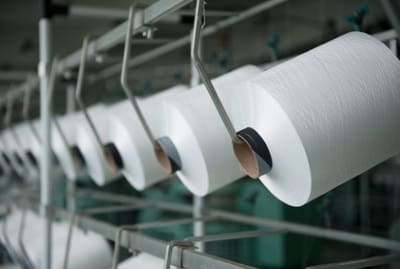The Uttar Pradesh government intends to build more integrated textile parks in the state’s major textile manufacturing districts, including Meerut, Agra, Jhansi, Gorakhpur, Varanasi, Lucknow, and Kanpur divisions.
The Yamuna Expressway Industrial Development Authority (YEIDA) has given 150 acres of land in Noida for the Apparel Export Cluster, paving the way for Uttar Pradesh’s first textile park.
A total of 152 firms are planned to put up factories at the textile park, with a projected investment of Rs 8,365.73 crore and employment for roughly five lakh people. In the first phase, work on 91 textile and apparel facilities is well underway, with production set to begin in January of next year.
The state government’s objective, according to industry department sources, is to create a global garment hub that can tap into the lucrative international textile supply chain, which now includes Bangladesh, Vietnam, and Indonesia as significant producers.
“The intention of the UP Government is to get ahead of these countries in textile production. There is a lot of potential for expansion in the textile and garment sector in the state, but the number of fully integrated textile parks in the state is negligible,” said an official, adding that currently, Uttar Pradesh is the third largest textile producing state of the country.
“The share of Uttar Pradesh in textile production at the national level is 13.24% and the state ranks fifth in the country in terms of handlooms and silk production. There are 2.58 lakh handloom and 5.5 lakh powerloom weavers in the state. The state has 58 spinning mills and 74 textile mills in the non-small scale industrial sector and the state’s share in carpet production in the country is 90%,” he said.
According to sources, in the last four years, 66 large companies have submitted bids to invest Rs 8715.16 crore in the textile and apparel sector. Twelve textile factories have already been established, with the development of 18 more currently underway. The goal is to get the 18 textile facilities up and running this year. In addition, 17 additional textile units are scheduled to be produced.
Image source: gbgindonesia.com

